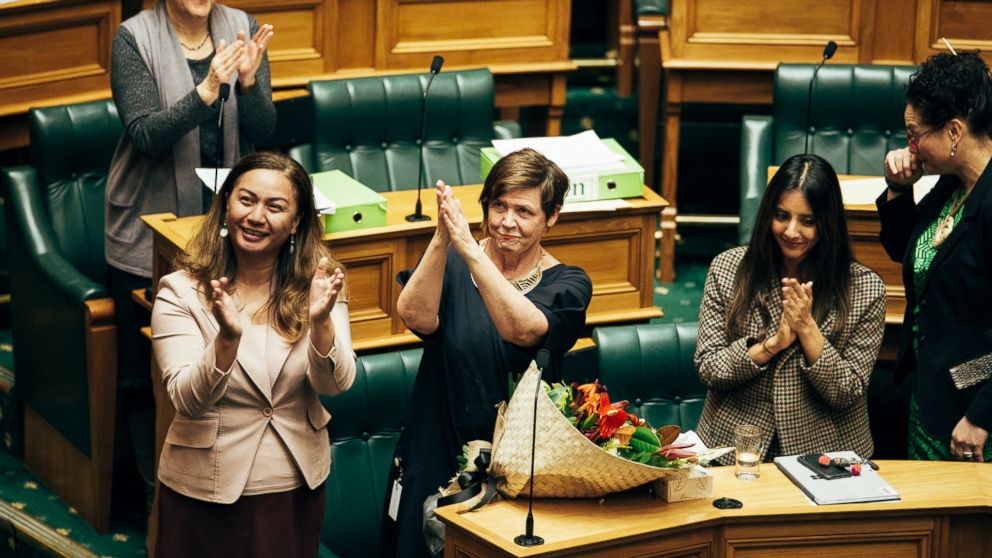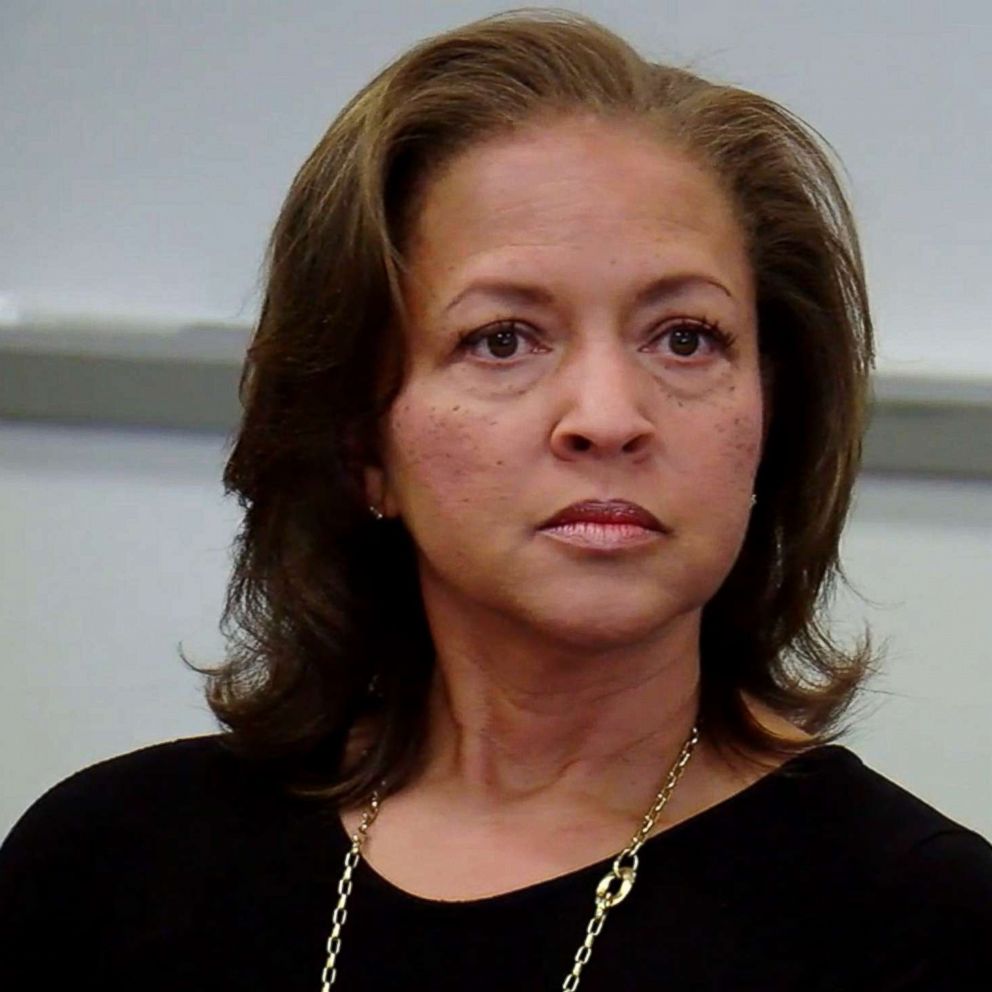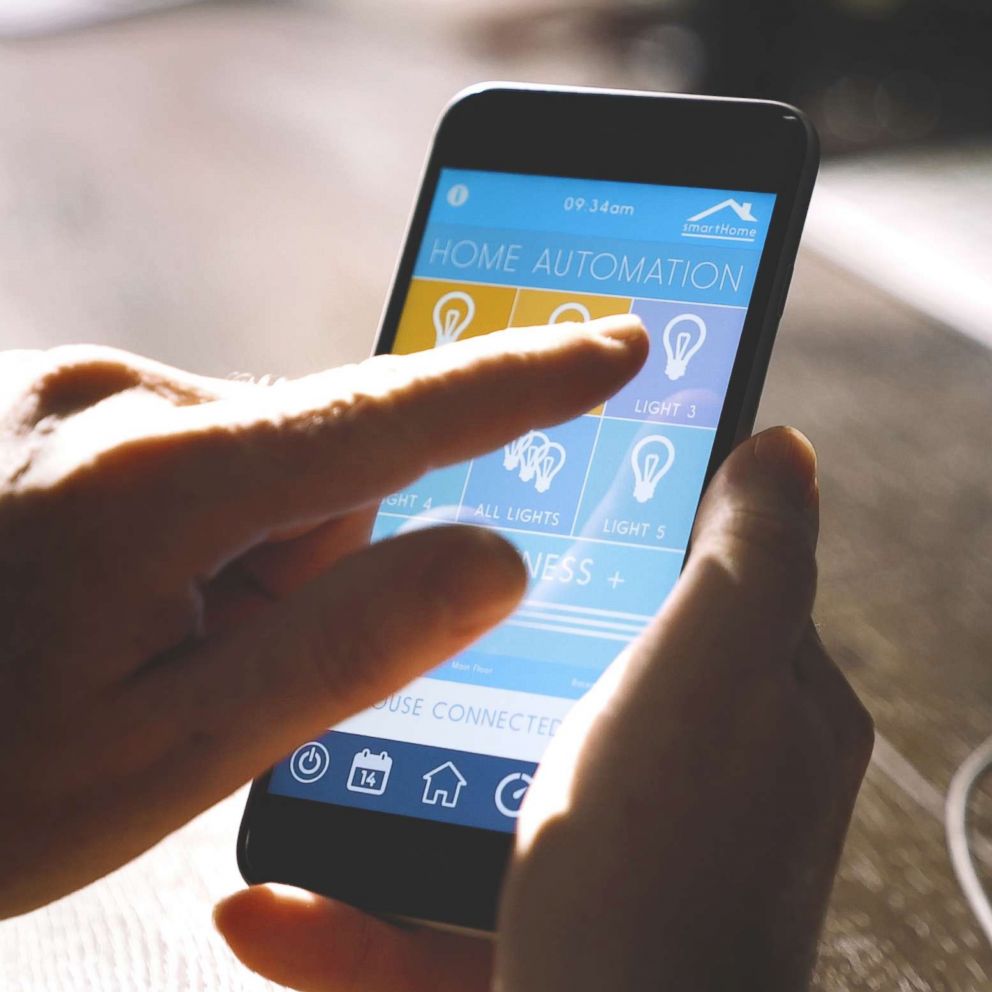New Zealand gives victims of domestic violence 10 days of paid leave
Victims of domestic violence in New Zealand now have new protections, including paid leave from work to allow them time to recover and seek safety.
The domestic violence victims’ protection bill, approved Wednesday by members of Parliament, allows victims of domestic violence to take up 10 days paid leave from work each year, in addition to their annual paid leave.
The bill, first introduced in 2016, is expected to take effect in April 2019. New Zealand reportedly has one of the highest rates of domestic violence in the world.
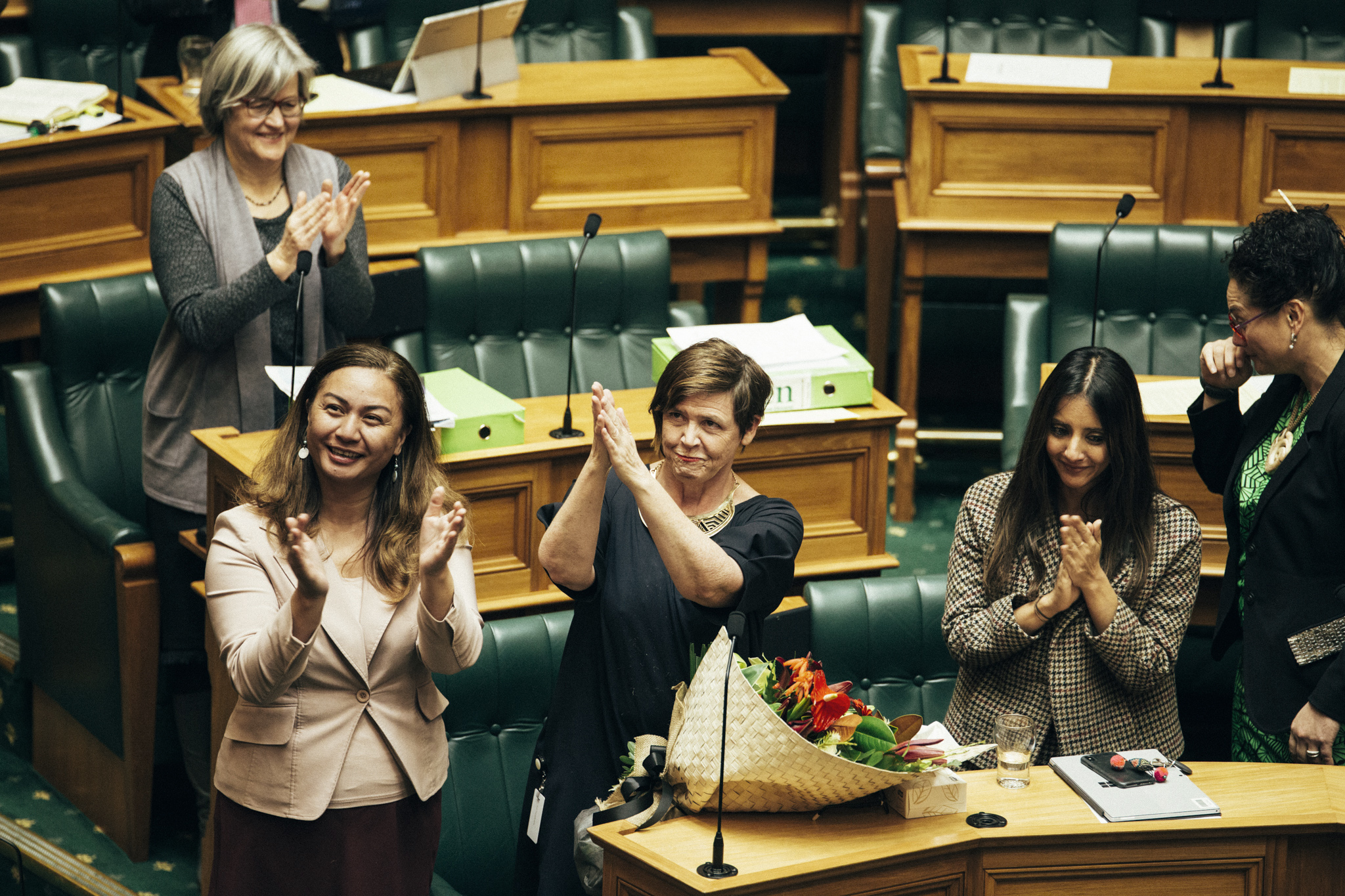
It’s Not OK, a behavior change campaign to reduce family violence in New Zealand, reports that half of all homicides in the country are family violence-related.
The president and CEO of the National Coalition Against Domestic Violence (NCADV) in the United States called the legislation passed in New Zealand a "model" for all countries.
"They have offered a model to anyone, internationally, who wants to really raise awareness about domestic violence and make their workplaces healthy," Ruth Glenn told "Good Morning America." "A workplace in which domestic violence is acknowledged and survivors and victims are acknowledged."
She added, "I hope we all look closely at this and use it as a model to provide a safety net."
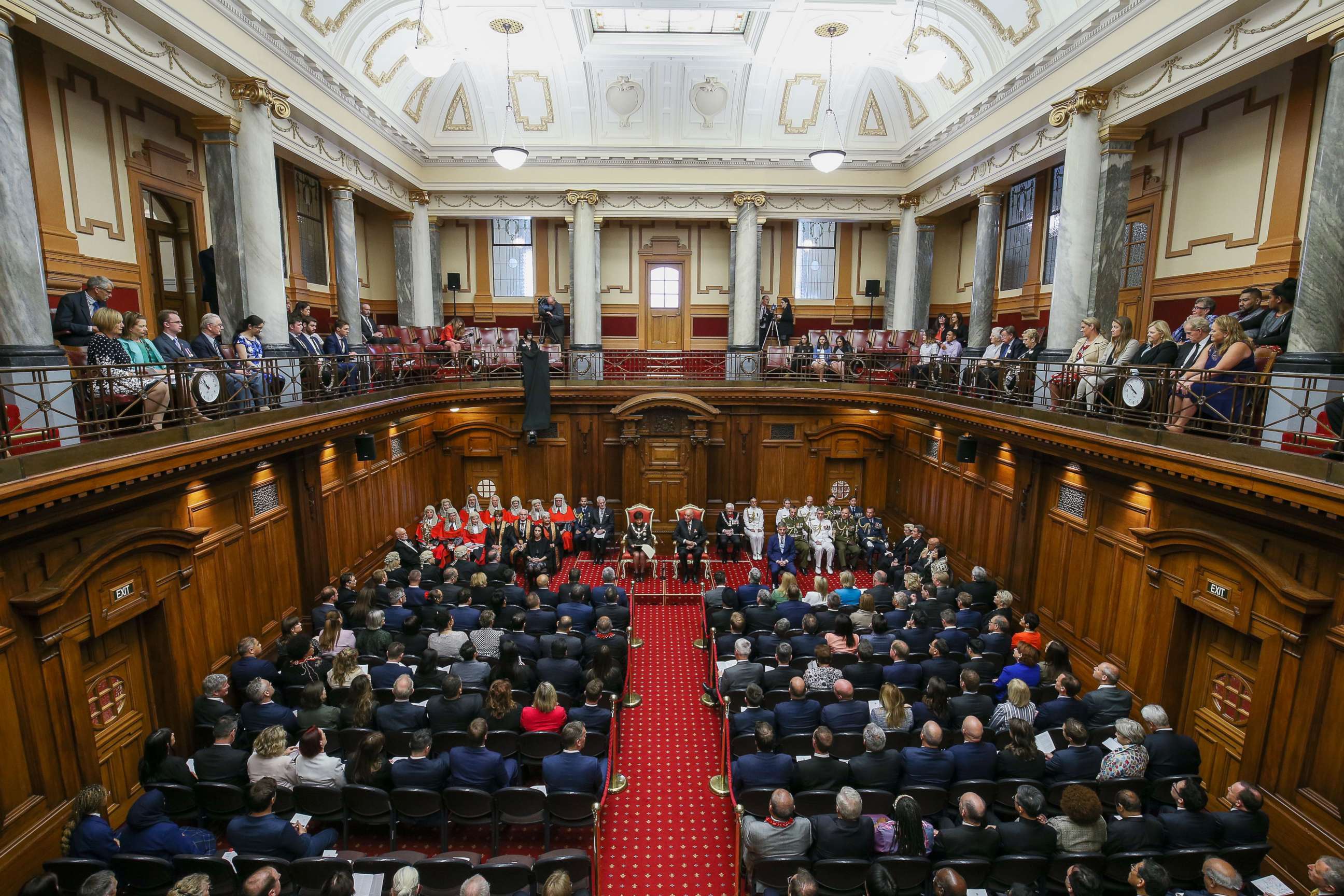
There is legislation pending in Congress that would give workers the opportunity to earn up to seven days of paid leave which could be used for, among other things, seeking assistance related to domestic violence.
The bill, the Healthy Families Act, was introduced last year by Rep. Rosa DeLauro (D-Conn.) and Sen. Patty Murray (D-Wash.). It has not been considered this Congress, a spokesman for DeLauro told "GMA."

In addition, the Security and Financial Empowerment (SAFE) Act introduced last year by Sen. Murray and Rep. Lucille Roybal-Allard (D-Calif.) also requires employers to grant safe leave for victims and survivors.
"Victims of violence lose approximately eight million days of work annually, equating to 32,000 full-time jobs," said Rachel Graber, NCADV’s director of public policy. "Economic insecurity is one of the biggest barriers to many victims and survivors escaping from abusive partners, and access to safe leave for victims and survivors is vital to the safety and security of millions of survivors."
Cities including New York, Minneapolis and San Francisco and states from California to Washington have been proactive on their own in offering varying levels of paid protection for victims of domestic violence.
The state of Florida allows employees to request and take up to three days of leave from work in any 12-month period if the employee or a family member is the victim of domestic violence or sexual violence, but leaves the issue of pay to the employer's discretion.
Offering paid leave gives victims of domestic violence time to seek shelter, seek a protection order, work with their employer on safety issues in the workplace and seek new schooling for children, if needed, according to Glenn. The allowance also empowers victims and is beneficial in the long run for employers, she noted.
"I recognize that employers can feel the impact of [leave] immediately, but the long-term impact is really important," Glenn said. "If we do something immediate, we may be able to have that employee come back and be very productive and stay in the long-term."
More than 10 million women and men are are physically abused by an intimate partner in the U.S. each year, on average. On a typical day, there are more than 20,000 phone calls placed to domestic violence hotlines in the U.S., according to statistics compiled by the National Coalition Against Domestic Violence.
The paid leave protection enacted in New Zealand sends an empowering message to men and women around the world, according to Glenn.
"It's really demonstrating how domestic violence is a reality for a lot of folks and saying really loudly, ‘We’re going to do something about it,'" she said.
The Philippines is currently the only country besides New Zealand to offer the paid leave protection for victims of domestic violence. The Philippines passed legislation in 2004 that also provides up to 10 days of paid leave.
For anonymous, confidential 24/7 help on domestic violence, call the National Domestic Violence Hotline at 1-800-799-7233 (SAFE) or 1-800-787-3224 (TTY).
